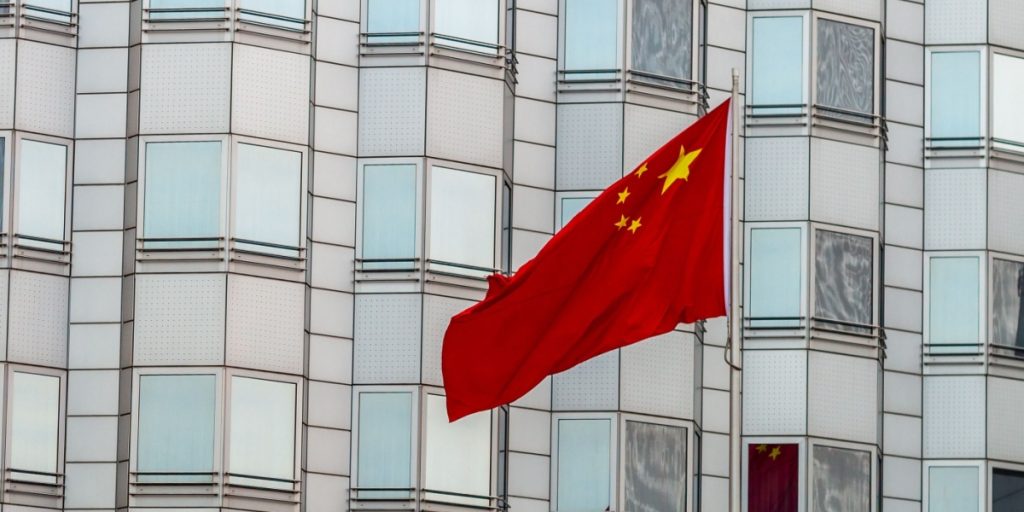The gender ratio remains unbalanced.
Others are reading now
For decades, China’s one-child policy shaped the country’s population. Introduced in 1980, it was meant to slow rapid growth and prevent resource shortages.
The policy remained in place for more than 35 years before being replaced by a two-child limit in 2016. In 2021, the government expanded the rule again, allowing families to have three children.
Despite these changes, birth rates have continued to fall. High living costs, career pressures, and shifting social attitudes have made many families unwilling to have more children.
Now, new data confirms that China’s population is shrinking, raising concerns about the effects of decades of strict population control.
Also read
Unbalances Gender Ratio
According to China’s National Bureau of Statistics, the country’s population dropped by about 1.39 million people in 2024.
This marks the third straight year of decline, following a loss of 2.08 million in 2023 and 850,000 in 2022, according to 20Minutos.
The drop in 2022 was the first since 1961, when famine linked to the failed Great Leap Forward industrialization policy led to widespread starvation.
The 2024 decline represents a 0.09% decrease from the previous year. While this continues the downward trend, it is a smaller drop than in 2023, when the population shrank by 0.14%.
Despite the overall decline, 9.54 million births were recorded in 2024, up from 9.02 million in 2023. The previous year had the lowest birth rate since 1949.
Authorities at both the national and local levels have introduced policies to encourage childbirth and create a “society favorable to child-rearing.”
Some believe the increase in births may be linked to 2024 being the Year of the Dragon, which is traditionally seen as an ideal time for having children.
By the end of 2024, China’s population stood at 1.408 billion, down from 1.409 billion in the previous year.
The gender ratio remains unbalanced, with 104.34 men for every 100 women. The male population was recorded at 719.09 million, while the female population was 689.19 million.
Deaths also declined in 2024, with 10.93 million recorded, compared to 11.1 million in 2023.
In November, President Xi Jinping called the demographic situation a “vital issue” and urged action to address the falling birth rate.
The Chinese Communist Party has stated that the country needs policies that “increase birth rates and reduce the costs of pregnancy, childbirth, education, and child-rearing.”

